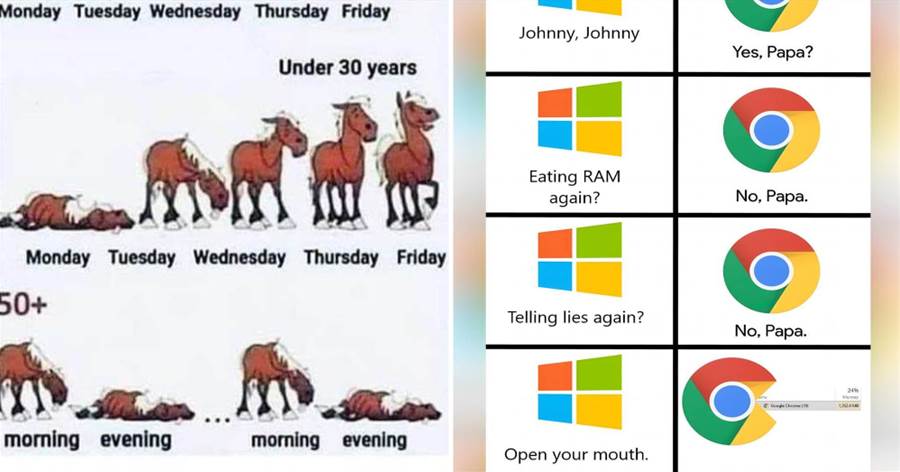

Pablo Escobar, known as the notorious Colombian drug lord, is believed to have had significant influence in the chili trade. This article focuses on the connection between Pablo Escobar and chili production, and the impact it had on the industry.
During his reign as the leader of the Medellín Cartel in the late 1970s and 1980s, Escobar amassed extreme wealth through his drug trafficking operations, mainly involving cocaine.
However, it has been revealed that his illegal activities extended beyond the drug trade and included investments in various legitimate businesses, including chili production.
Escobar recognized the potential profitability of chili farming due to its high demand, both domestically and internationally. It is estimated that at the peak of his chili empire, Escobar controlled around 50 plantations across Colombia, with a production capacity of thousands of tons of chili annually.
One of the main reasons behind Escobar's interest in chili production was its use in the production of the drug Pablo Escobar, known as the notorious Colombian drug lord, is believed to have had significant influence in the chili trade. This article focuses on the connection between Pablo Escobar and chili production, and the impact it had on the industry.
During his reign as the leader of the Medellín Cartel in the late 1970s and 1980s, Escobar amassed extreme wealth through his drug trafficking operations, mainly involving cocaine.
However, it has been revealed that his illegal activities extended beyond the drug trade and included investments in various legitimate businesses, including chili production.
Escobar recognized the potential profitability of chili farming due to its high demand, both domestically and internationally. It is estimated that at the peak of his chili empire, Escobar controlled around 50 plantations across Colombia, with a production capacity of thousands of tons of chili annually.
One of the main reasons behind Escobar's interest in chili production was its use in the production of cocaine. Chili peppers are a key ingredient in the process of making the drug, as they help extract the active ingredient, known as alkaloids, from coca leaves. By controlling the chili trade, Escobar was able to ensure a constant supply of essential ingredients for cocaine production. This allowed him to consolidate his power and secure his dominance in the drug trade.
Additionally, Escobar's involvement in chili production had significant impacts on the industry as a whole. The influx of his resources and capital led to technological advancements in chili farming, resulting in increased productivity and quality of chili crops. However, his ruthless tactics of maintaining control over the trade, such as violence and intimidation, created a climate of fear among chili farmers, forcing many to work under his command.
Furthermore, Escobar's involvement in chili production had unforeseen consequences for Colombia's economy and international trade. As his chili empire grew, it began to flood the market, leading to a decline in chili prices both locally and internationally. This had adverse effects on legitimate chili farmers who struggled to compete with Escobar's production capacity and low prices.
In conclusion, Pablo Escobar's influence on the chili trade extended beyond his notorious drug operations.
Through his control over chili production, he was able to ensure a steady supply of essential ingredients for cocaine production, consolidate his power, and impact the industry as a whole. Escobar's involvement in chili production had both positive and negative consequences, leading to advancements in farming techniques but also causing economic hardships for legitimate farmers.



















